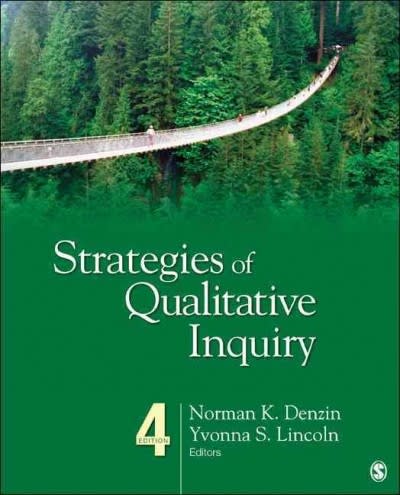Question
1. Pre-trial publicity is at the heart of the argument- freedom of speech (1st Amendment) versus right to a fair trial and impartial jury (6th
1. Pre-trial publicity is at the heart of the argument- freedom of speech (1st Amendment) versus right to a fair trial and impartial jury (6th Amendment). Pretrial publicity often has one of two effects: (1) Pro-prosecution effect, which is information (or tone) that supports the State's case and paints the defendant in a negative light, and (2) Pro-defense effect, which is information (or tone) that supports the defendant's case and makes you feel sympathetic towards the defendant. The content of the publicity can be either emotional or factual (or some mix of the two). Emotional pretrial publicity (i.e. makes you "feel" something) can be sensationalized or lurid details that may or may not be informative for jurors in an evidentiary sense. Factual pretrial publicity is unsensational information that is relevant and often explains the event and facts. Find a headline that embodies pre-trial publicity surrounding a criminal case.
- What is the article/newspaper headline? Put it in quotations.
- What is the source of the article? Put the link and list the source (e.g. CNN, the Oregonian, etc.)
- Is the headline pro-prosecution or pro-defense?
- Is the headline factual or emotional pre-trial publicity?
This article (and headline) needs to be appropriate for a professional and academic setting. Do not post anything that includes profanity or insensitive information.
Step by Step Solution
There are 3 Steps involved in it
Step: 1

Get Instant Access to Expert-Tailored Solutions
See step-by-step solutions with expert insights and AI powered tools for academic success
Step: 2

Step: 3

Ace Your Homework with AI
Get the answers you need in no time with our AI-driven, step-by-step assistance
Get Started


